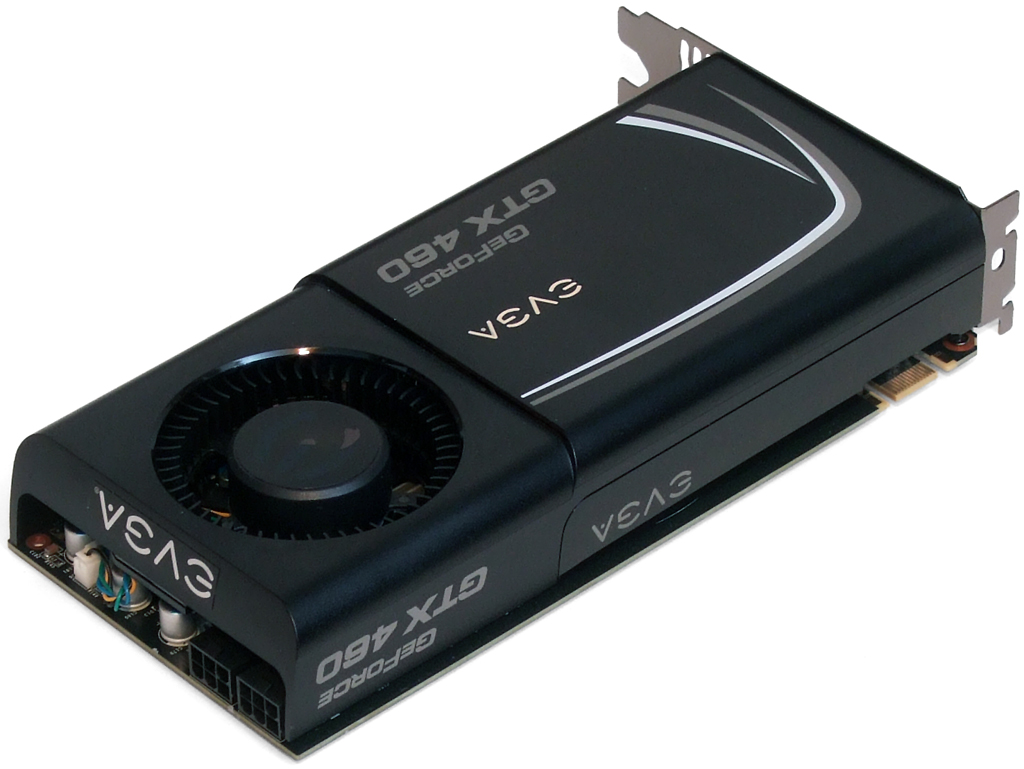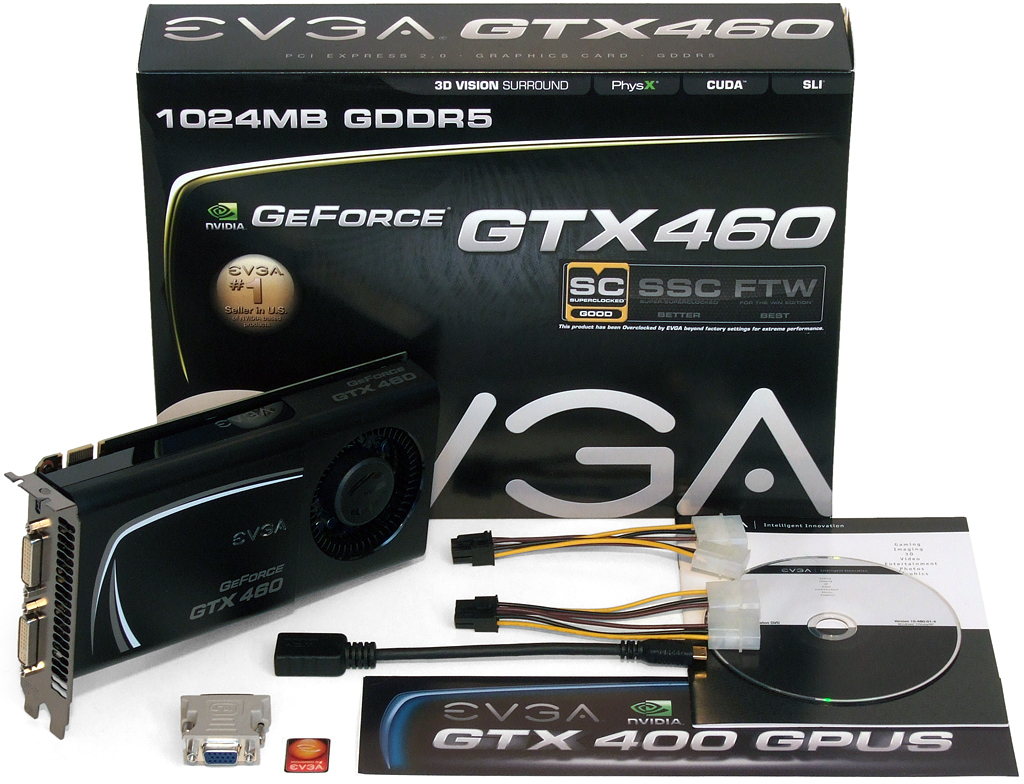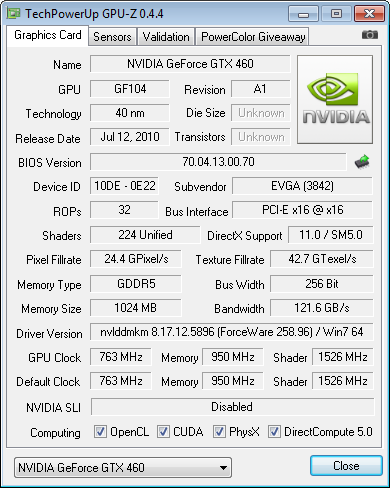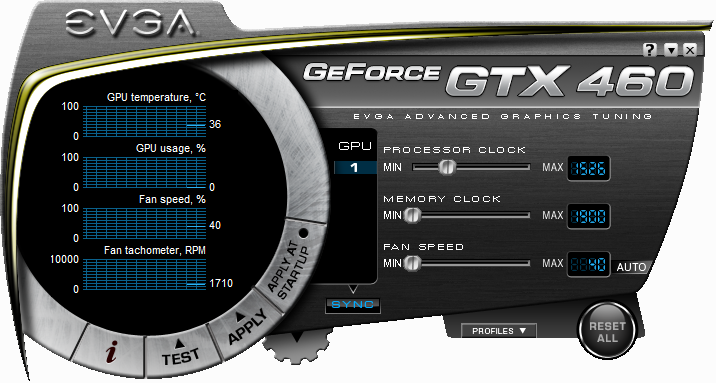Roundup: Nine GeForce GTX 460 1 GB Boards Benchmarked
Happy with Nvidia's GeForce GTX 460, we invited a dozen of the industry's top graphics companies to show off their unique interpretations of the card. Nine responded with what they feel are exceptional products. Can they get any better than reference?
Get Tom's Hardware's best news and in-depth reviews, straight to your inbox.
You are now subscribed
Your newsletter sign-up was successful
EVGA GeForce GTX 460 SuperClocked 1024 MB EE (External Exhaust)
EVGA is no fan of short names, and searching for this particular item might be easier by using its completely-forgettable 01G-P3-1373-AR part number.
EVGA sells both internal and external exhaust versions of the SuperClocked GTX 460, and even has cheaper versions of both cards that lack this model’s lifetime warranty. We prefer the lifetime warranty versions, but we can’t agree on which type of cooler is best. Axial-fan like EVGA’s 1372-series models typically offer lower noise and increased case temperatures, while crossflow-cooler cards, such as the one we’re testing today, reduce case temperatures at the expense of higher noise.
EVGA bolster’s the GTX 460 SuperClocked installation kit with a mini-HDMI to full-sized HDMI adapter cable that can reduce the installation depth of cable ends. The power of branding hasn’t escaped the firm, as evidenced by the inclusion of a case badge and side-panel decal.
Each SuperClocked-series graphics card comes with a moderate manufacturer-validated speed increase, the 01G-P3-1373-AR clocked at 763 MHz core and GDDR5-3800.
EVGA Precision tuning software uses the shader clock speed for increasing GPU clock, its 2445 MHz limit corresponding to a GPU clock of 1223 MHz. Memory can also be increased from GDDR5-3800 (1900 MHz reported) to GDDR5-4560, though overclockers know that the limits of tuning software often exceed the capabilities of hardware.
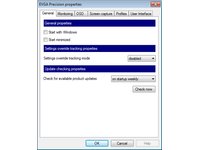
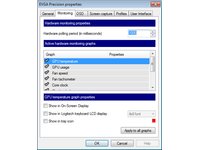
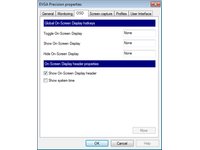
EVGA Precision can be set to automatically check for software updates, while most of its other controls are for the program itself.
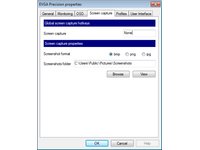
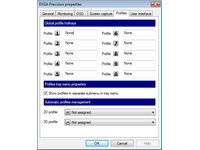
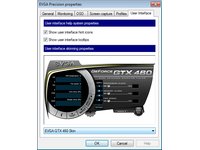
Up to 10 custom overclocking profiles can be saved and restored, and EVGA Precision even allows clock speed changes to be enabled automatically when 3D programs are launched.
Get Tom's Hardware's best news and in-depth reviews, straight to your inbox.
Current page: EVGA GeForce GTX 460 SuperClocked 1024 MB EE (External Exhaust)
Prev Page ECS Black Series GTX 460 NBGTX460-1GPI-F Next Page Gigabyte GTX 460 GV-N460OC-1GI-
TheStealthyOne I really am a fan of ASUS' DirectCu/TOP cards.Reply
I can't decide between the 460 and 5850 versions :P -
beans4you just installed two gigabyte 460 cards in my brothers new setup, they are pretty nice! can't hear them even with the 2 fans on each and they run around 25/29 C idle, this is as far as I've gotten with tests :pReply -
falchard thestealthyoneI really am a fan of ASUS' DirectCu/TOP cards.I can't decide between the 460 and 5850 versionsThats a contemplative choice? Considering its not the 5830, the clear choice is the 5850.Reply -
Lmeow Wow. Jetway's 33 % overclock is nSane... especially on what seems to be nVidia's reference cooler.Reply
I wonder how many cards can reach that 900 MHz with acceptable noise and voltage levels. -
El_Capitan This review is trying to tell us what? Higher overclocked cards give better performance? Duh?Reply
It would have been better to see each card overclocked to it's most stable overclock first, then test the cards with all the benchmarks.
I read CPU magazine's article comparing the GTX 460's, and same conclusion. Palit is the fastest, but MSI's is the quietest and coolest.
I've been looking into getting a pair for SLI. Those that don't have extra space between their PCI Express 2.0 slots should go for the EVGA Superclocked because of the external exhaust. Those that do have space like me and prefer low noise would be better off the MSI's. Performance-wise, they're all great overclockers (every card in this review can overclock higher than Palit's factory overclock). Honestly, you really can't go wrong with any of these cards. -
void I have one gigabyte card and very happy with it. Almost complete silent at idle. and not much noise at 100% fan speed. 50% fan speed is enough to keep it around 60c in gamesReply -
amgsoft If you are going to use the cards in PC in your home, the less noisy and the coolest is often the best choice.Reply
